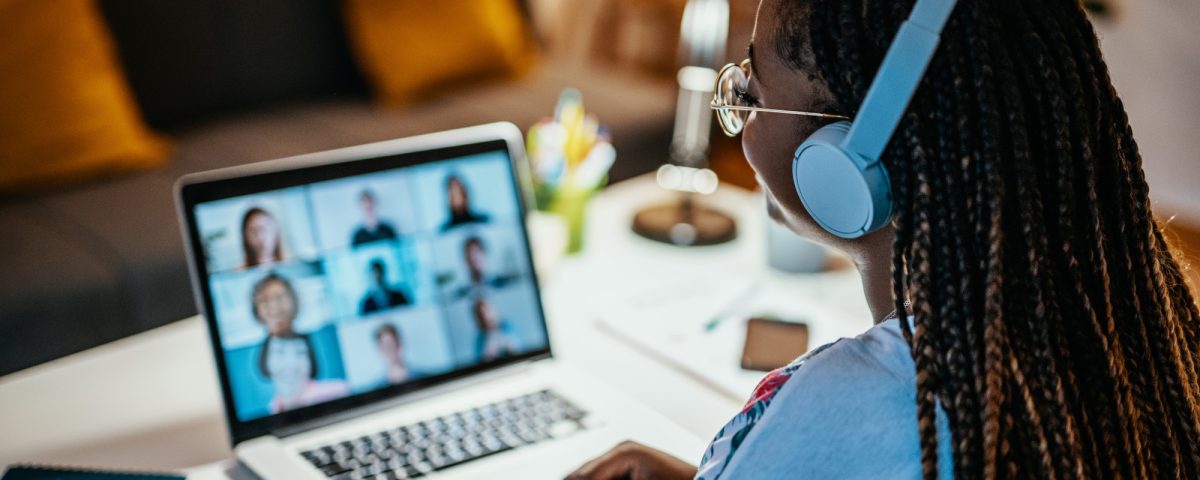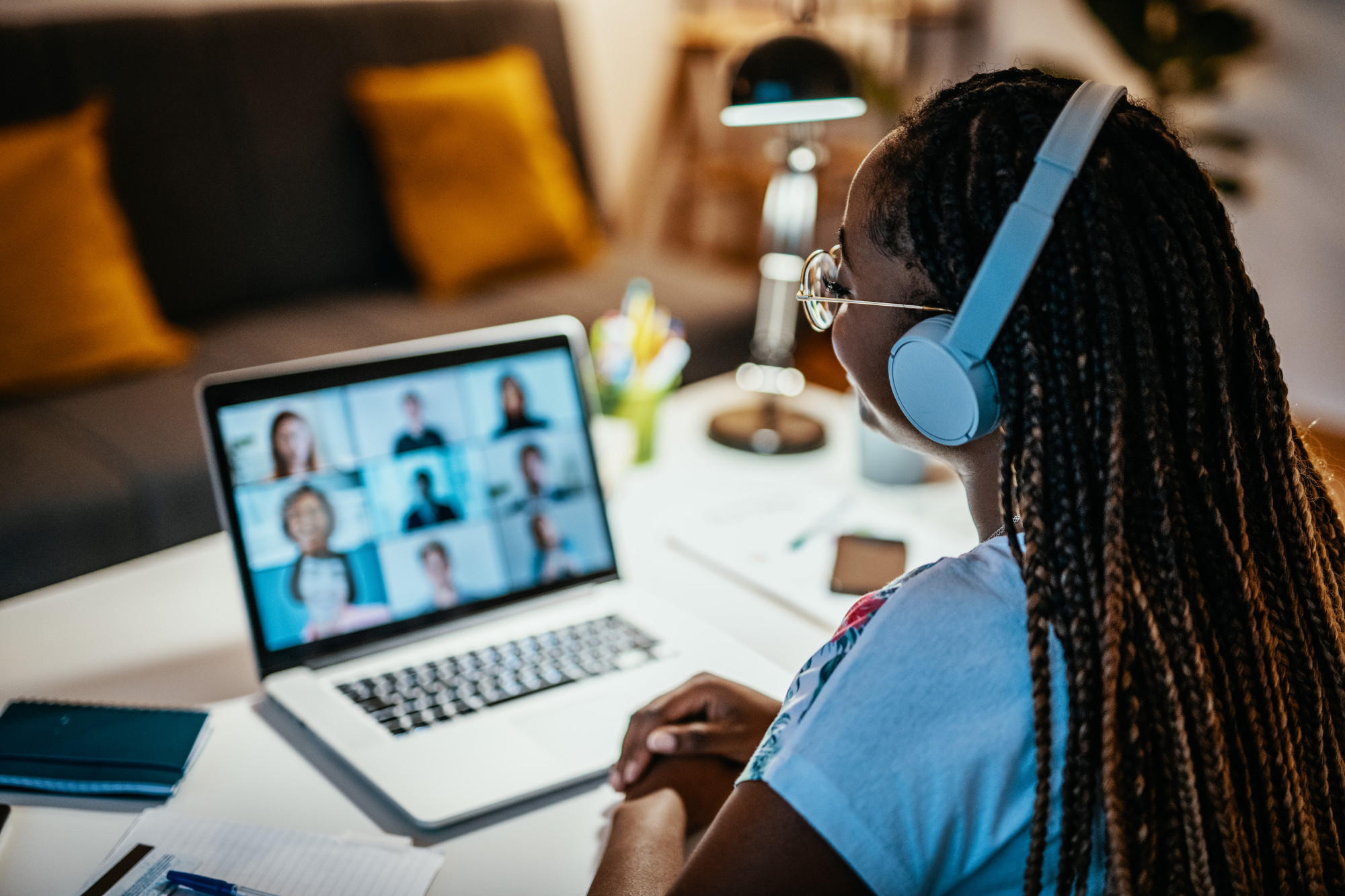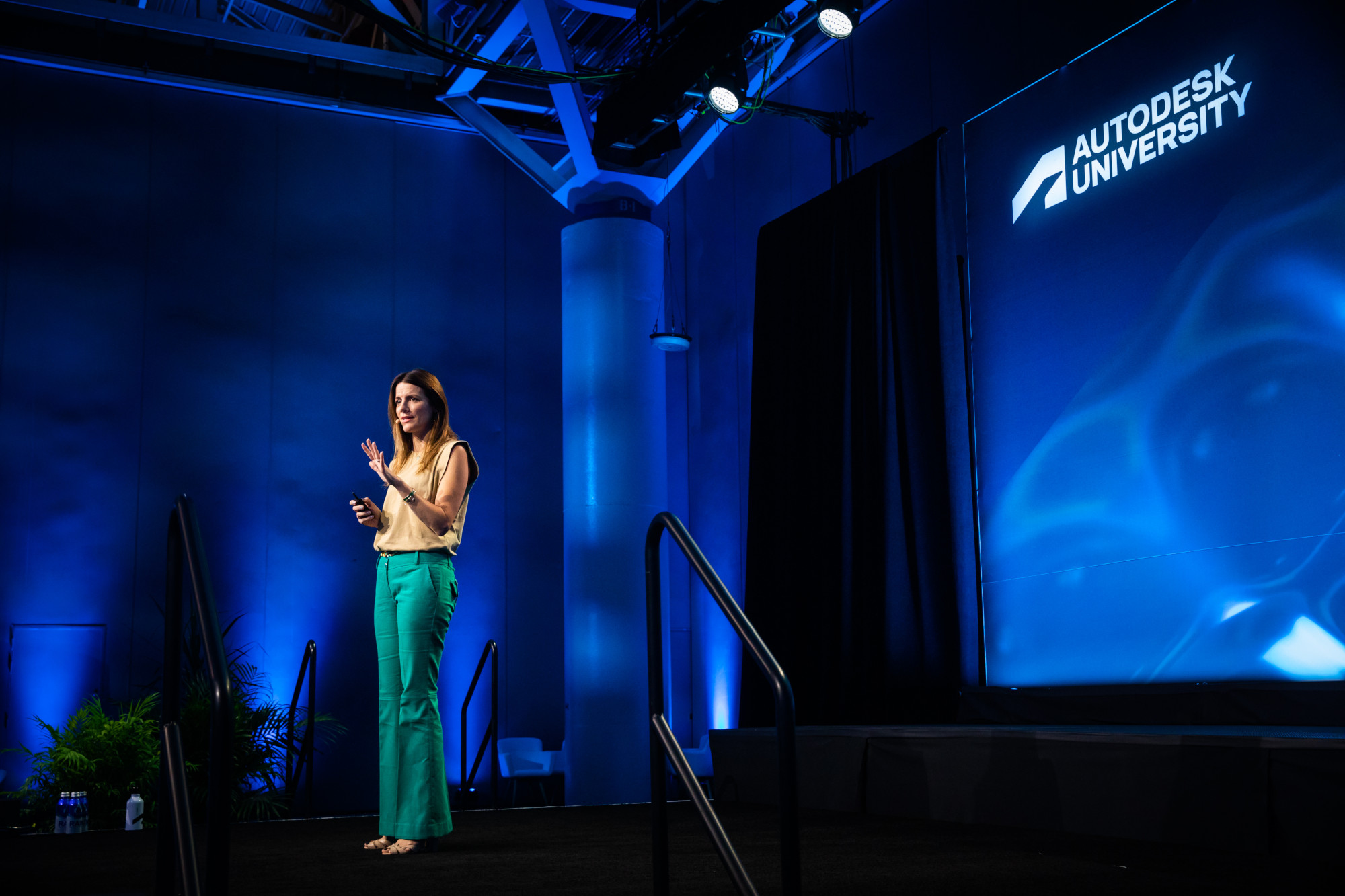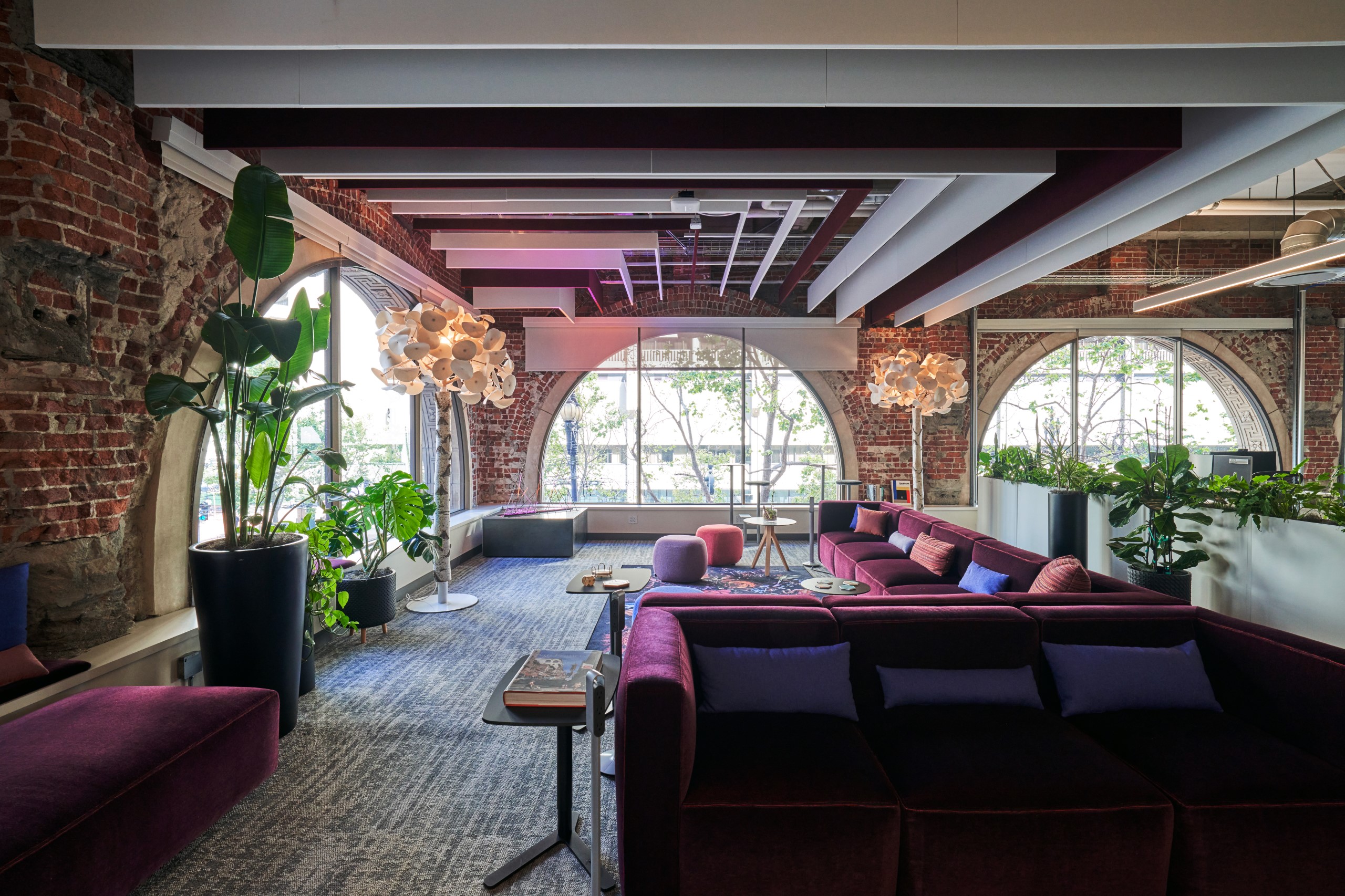
Innovating with purpose: Microsoft’s approach towards developing and using AI responsibly
March 30, 2023
NetApp Appoints Haiyan Song Executive Vice President and General Manager of CloudOps Business
April 4, 2023Flex Forward: Saying yes to a hybrid-first work culture, and no to return-to-office mandates


The last few years, while challenging and unpredictable in many ways, have also presented a once-in-a-generation opportunity to change the way we work. At Autodesk, we’re seizing it because we know a flexible, hybrid-first culture is key—for enabling our team to do their best work, and for empowering innovators to design and make a better world for all.
While we’ve partnered closely with our globally dispersed community throughout the COVID-19 pandemic to navigate its murky waters, we realize that achieving a hybrid-first company is not a box to be checked, but an ongoing commitment to evolving with our employees.
That’s why, this month, we rolled out Flex Forward, our comprehensive approach to enacting, embracing, and evolving our hybrid-first culture.
With Flex Forward, we’re striving to transform work at Autodesk by prioritizing flexibility, enhancing the employee experience, and meeting the needs of our dynamic and growing business.
This approach allows us to be more inclusive, as well as hire and retain an amazingly diverse and talented workforce—all while driving productivity, connection, and belonging. In fact, since embracing and offering this level of flexibility at Autodesk, we’re seeing a 58% increase in job applications, an 82% increase in candidates that identify as female, and a 45% increase in candidates that identify as belonging to underrepresented groups in regions where we’re able to measure this data.
Our Flex Forward approach encompasses a wide variety of employee-centric policies and programs. And importantly, it also reaffirms our emphasis on flexibility. At a time when many companies are requiring employees to return to the office a certain number of days per week, Autodesk will stay the course and has no plans for corporate return-to-office mandates for hybrid and remote-based employees.

Autodesk’s new Flex Forward approach is reimagining the new possible in the world of hybrid work, including programs and policies that intentionally lean into a hybrid-first company.
Flex Forward at a glance
With this month’s introduction of Flex Forward, I’m excited to share the latest steps we’re taking to evolve our hybrid-first workplace culture—balancing productivity and innovation for our business, alongside people-centric programs and policies. Here are some of the highlights.
- No back-to-office mandates. At the company level, we’ll continue to refrain from mandating weekly in-office days for non-office-based roles. Hybrid and home-based workers can work from an Autodesk office, coworking space, coffee shop, their home desk or even their couch—as appropriate for their given team and work focus.
- Global mobility. Hybrid and home-based employees can request to work outside their home country for up to 30 calendar days a year, plus vacation and holidays, to experience life in another culture, spend time near internationally based family members, and more.
- Gathering guidelines. Managers and employees are strongly encouraged to gather with intention; fewer in-person meetings just for the sake of meetings. Instead, this guidance empowers our global team to schedule gatherings that drive specific business outcomes, strengthen relationships, and nurture a sense of belonging.
- Reimbursement opportunities. Where globally applicable, employees can receive a monthly reimbursement of up to $60 (or local equivalent) to go toward internet (in all countries) and utilities (in some countries), whether their job is home-based, office-based, or hybrid. And new employees will receive a $750 stipend to set up their home office.
In a hybrid-first work culture, one size doesn’t fit all
As a people-driven company, we’ve learned a lot about remote and hybrid work over the last three years. And what we’ve discovered is that it’s vital to balance hybrid’s benefits for employees with the needs of our business and customers.
Under Flex Forward, we’re providing this flexibility within a framework and empowering managers to make decisions that are aligned with the unique needs of their teams and customers.
Some managers may decide their work focus is better served by a team located within the same city, region, or country. Some may decide that they need more face-to-face time with their team members and require more in-person meetings that align with our gathering guidelines. And some may need to hire globally to meet talent where they are.
Supporting our people in this new era of work
Ongoing transformation of this magnitude requires support. We’re dedicated to helping our employees thrive, and that’s why we’re equipping our managers to lead effectively in our hybrid-first environment. A series of enablement and training initiatives, grounded in behavioral science principles, will enable our people managers globally to continue to navigate, grow, and guide their teams within our Flex Forward workplace approach.
While hybrid work decreases face-to-face time, we believe that harnessing the power and flexibility of hybrid work can lead to stronger connection. We’re putting a lot of effort into helping managers decide when and why to gather their hybrid and remote employees.
Karla Baratto, Autodesk’s global director of change & culture transformation, was a key leader in driving and rolling out Flex Forward for our employees. Per Karla, “From direct employee feedback, we’ve gained a deep understanding of shifting work preferences and confirmed that flexibility is key. So, we’re not mandating regular in-office attendance–and when employees do come work from one of our beautiful spaces, we want to ensure it’s a valuable experience.”

Autodesk’s global director of change & culture transformation, Karla Baratto, spoke at this year’s Autodesk University conference in New Orleans on inclusion in the hybrid workplace.
Autodesk recognizes the value that in-office experiences offer in accelerating relationships and belonging. Karla echos this sentiment and confirms that gathering in person will continue to be a critical part of our culture and sometimes the best way to get work done, “especially when we’re solving complex problems or looking to build a sense of community. When they happen, in-person gatherings need to be meaningful, specific, and focused on outcome.”
To support these high-value meetings, we’re redesigning and equipping our physical office spaces to be inclusive, collaborative, and conducive to problem-solving. We’re also shaping our Autodesk conferencing experience and providing guidelines and services that help teams use our spaces for “offsite onsites.” Here, we’re focused on offering everything from an easy-to-use online booking platform and flexible furniture configurations, to help securing hotel blocks for visiting Autodeskers and daily catering support.

As a part of our Flex Forward approach, our goal is to recreate existing Autodesk workspaces to provide a greater variety of flexible options that support all activities and workstyles—from quiet focus areas to inspiring collaboration zones to fun social spaces, as seen here at our San Francisco headquarters.
Responding to the challenges of the future
Our approach to a flexible, hybrid-first work culture has evolved over time and will continue to do so. We embrace uncertainty, and we’re willing to adapt because we believe that harnessing hybrid work will make us agile and responsive to the challenges of the future.
At Autodesk, our mission is to empower innovators with design and make technology so they can achieve the new possible. And the new possible begins with us.

